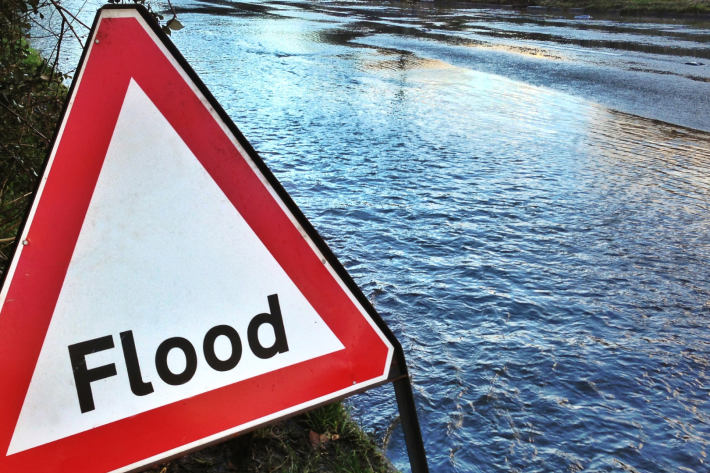Simple, no cost steps to prepare for severe weather
25 September 2024

Ready Scotland
Around the world we are already seeing changes to weather patterns and average temperatures as a result of climate change.
In Scotland, all seasons throughout the year are becoming warmer, and we are seeing wetter winters on average.
Severe weather events like storms and heavy rain will become more frequent. It’s therefore more important than ever that we know how to prepare for disruption and how to respond when it does occur.
There are many simple, no cost steps we can take to reduce the impact these changes have to our everyday lives. The Ready Scotland website provides advice on how to prepare your home, family and business for potential disruption. It also provides information on how to respond, keep safe and help others in your community.
This blog summarises some of Ready Scotland’s top tips. Visit the Ready Scotland website for further advice on preparing for and dealing with emergencies.
Stay informed
Getting early notice of any potential disruption can and does make a big difference in helping to stay safe and access the right support.
We’ll all have seen how local services make use of forecasts to get ahead of the situation and minimise the harm caused – for example by mobilising gritter fleets, temporarily closing schools, or deploying flood barriers to flood-risk areas.
You can use trusted information in the same way, and take practical steps to minimise the risk and help those around you prepare.
It’s important to make sure the information you gather is accurate and from trusted sources.
Ready Scotland has guidance to help you access up-to-date advice from official sources ahead of and during emergency situations.
Misinformation can spread quickly, but there are tools to help you spot it. For example, the Met Office has developed a toolkit on tackling climate misinformation to provide clarity around topics on which inaccurate information is sometimes shared.

Make an emergency plan and emergency kit for your home
We may not be able to prevent all emergencies but taking some straight-forward actions to improve household readiness can make their impact less serious.
Creating a home emergency plan and a small emergency kit are some of the best ways to help deal with the unexpected.
It might sound a little daunting, but it doesn’t need to be. In fact, when you start thinking about what you would need in an emergency kit, you may find you already have most of these supplies in your household. Things like a torch, spare batteries and a radio are handy for many reasons, not just emergency situations.
You may never need to put your plans into action – but if you do, the simple steps you’ve taken in advance and the conversations you’ve had with those around you will make a big difference.
Visit the Prepare section of Ready Scotland for further advice on practical ways to prepare for disruption and lessen its impact.

Get involved in your community
Disruption caused by issues like severe weather and flooding can affect us all in our daily lives, but when communities work together to prepare for emergencies, it can make a big difference.
There are hundreds of community groups around Scotland who come together to support each other through challenges in many ways.
Some groups will have a community emergency plan to help them be more resilient. Others will get together more informally and take action when disruption is expected, such as putting up flood barriers when flooding is forecast.
Getting involved with voluntary and community groups allows you to help others in your local area, while learning new skills and building friendships.
There are many other ways you can support your community at an individual level too. Many of us will already do this without realising the contribution we’re making. From sharing advice with friends and family, to checking on neighbours or relatives who might need a helping hand – simple actions can all have a really positive impact.
If you’re inspired to get involved, check out Ready Scotland’s guide to some of the different ways you can play your part in supporting your community based on your availability and the skills you have or want to develop.
If you run a business, guidance is also available on how you may be able to help your local emergency services and community groups, as well as maintain your operations in the event of disruption. Check out Ready Scotland’s guidance on business and the community to learn more.
